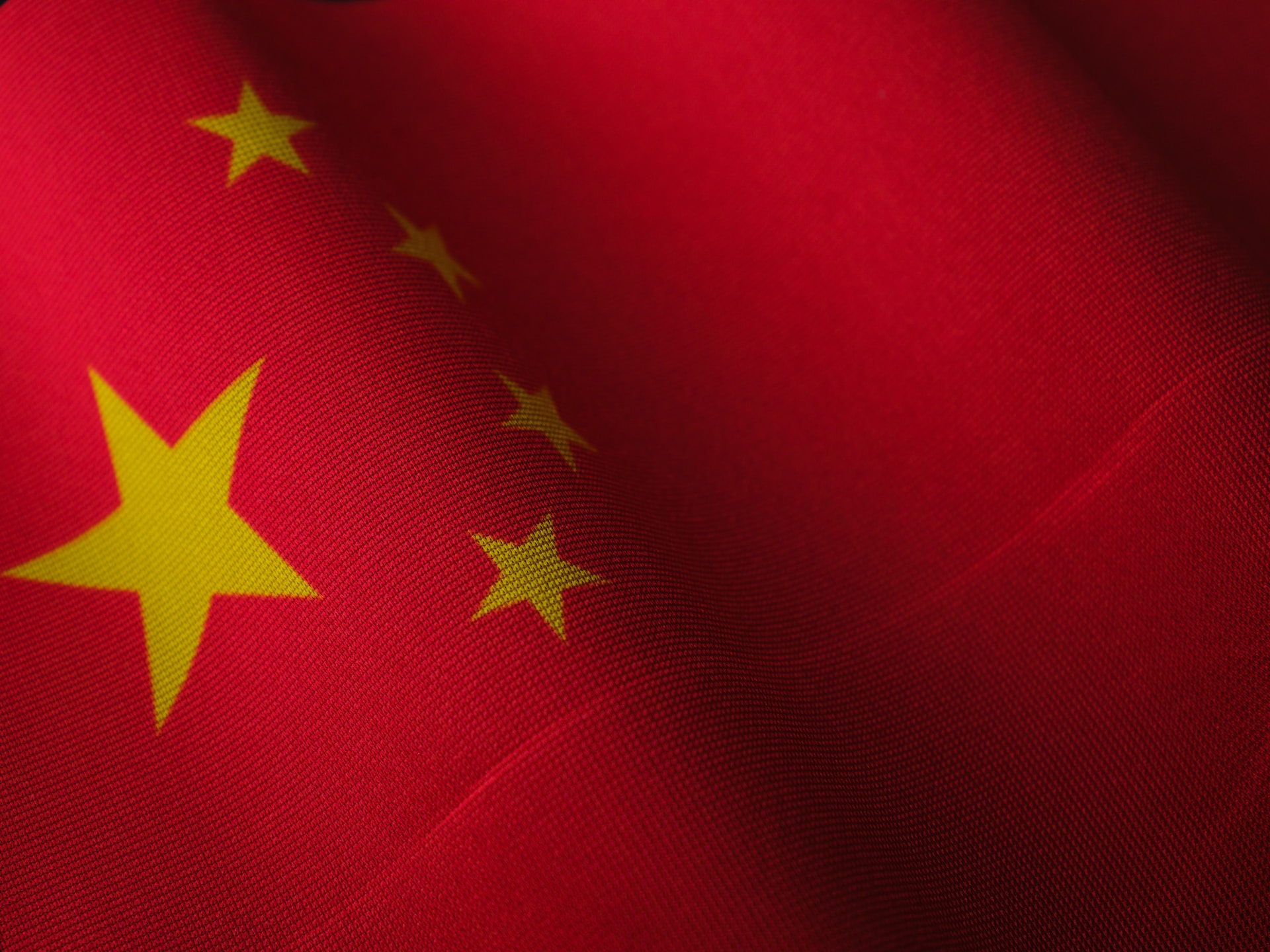Corporate taxation in China includes income tax, VAT, import and export duties, and consumption tax. The tax rates and laws for each type of tax vary depending on the industry and the type of goods and services involved. Companies operating in China should be aware of these tax laws to ensure compliance and minimize their tax liability. The main tax legislation governing corporate taxation in China includes the EIT Law, the VAT Law, and the Customs Law.
Income Tax:
Corporate income tax is levied on companies' profits and is governed by the Enterprise Income Tax Law (EIT Law) and the Implementation Regulations of the EIT Law. The standard tax rate for companies is 25%. However, companies engaged in certain industries such as high-tech, environmental protection, and small and micro enterprises can enjoy lower tax rates.
Tax brackets:
China's corporate income tax does not have a specific tax bracket system. However, different industries and companies can enjoy different tax rates, as mentioned above
Value Added Tax (VAT):
VAT is a consumption tax levied on the sale of goods, provision of taxable services, and the import of goods into China. The VAT rate ranges from 0% to 16%, depending on the goods and services involved. The VAT law is governed by the VAT Law of the People's Republic of China.
Sales Tax:
China does not have a separate sales tax. The VAT is the main consumption tax in the country.
Import Duties:
Import duties are levied on goods imported into China and are governed by the Customs Law of the People's Republic of China. Import duties rates range from 0% to 50%, depending on the type of goods involved.
Export Duties:
Export duties are levied on certain goods exported from China, and the rates vary depending on the type of goods. However, the Chinese government has gradually reduced the number of goods subject to export duties. Currently, only a few goods, such as some rare earth metals and products, are subject to export duties.
Related Information

















